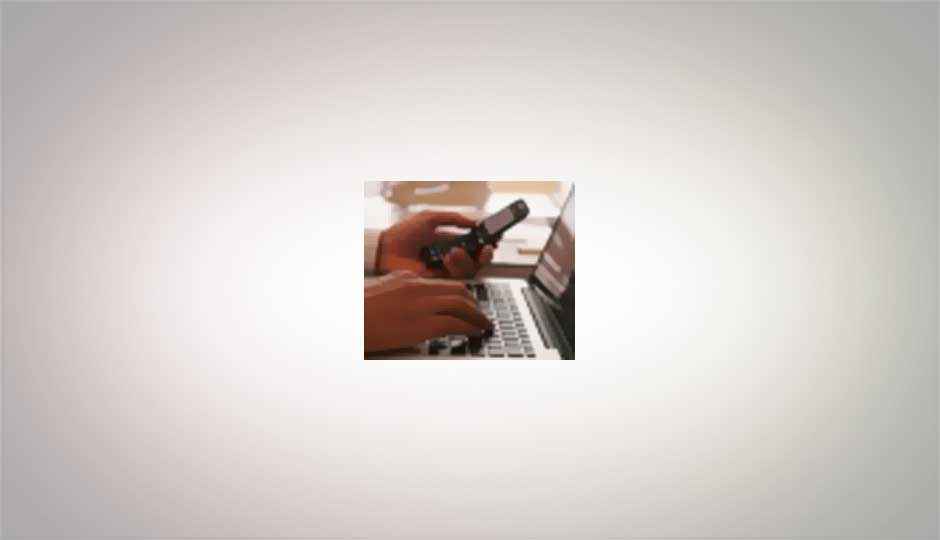The sociology of the New Office

In today’s offices, people think employees are doing work because they’re staring at computer screens, but they’re actually reading the newspaper.
 Survey
SurveyI finally witnessed it. An employee was looking at a newspaper while at the office. The supervisor came over and berated the employee for reading the newspaper on company time. The employee folded up the paper and put it aside. The employee then went online and read the same newspaper and there was no further discussion or critique.
I’ve noticed this over the years. Employees can read the newspaper online, because it looks like work and might actually be work. But even if it is work, you cannot look at the actual newspaper, because then you look like a slacker. To make this situation even more ludicrous, you could go online, print out the newspaper on piece of paper, and read that and it would be fine with all of the supervisors. But reading the paper itself is verboten.
[RELATED_ARTICLE]
Exactly how we got to this odd sociology is interesting. It’s as if we are being forced to do everything using as much new technology as possible. I know for a fact that you can sit at the computer and read a text, such as a novel or non-fiction book, off the screen and nobody will question your activity. But try pulling out a hardcover or paperback version of the same product and see how long you last before you get fired.
Now, obviously, a person doing data entry all day will not have the opportunity to read a novel online, but most people in the office have free reign to do a lot of surfing and reading. Many can easily get their work done and then sit in front of the screen reading a book. The way I see it: if someone does 8 hours work in 4 hours and spends the rest of the day reading the newspapers, so what? But they could also be cleaning the windows or just go home. But I digress. This is a discussion of form over function. In fact, it’s a discussion of the bullcrap that today’s office environment is all about.
Besides the ludicrous examples of reading the newspaper online, an office employee can kill half the day on email. If you sit on your Facebook account all morning, the boss might notice. But if you have your email account open, you are obviously doing work. This is not always true. How much spurious email do employees work on? I’d say a lot, because email generates an open hole for junk and personal notes.
Years ago, there was a huge fuss over employees wasting company time on personal phone calls made from the office, and all calls were tracked carefully. This is not the case now with the cell phone technology. The calls cannot be monitored, and from what I can tell, half of the cell phones calls made from the office are personal calls. But how can you really tell one way or the other?
And if you are uncomfortable with obvious personal calls in the office, then become a smoker, so you can go outside for a smoke break and make the call from there. You see hordes of employees milling about outside most offices on cell phones.
To me, these and other office sociologies indicate a huge shift from the way offices used to be to the way offices should be. They should be closed.
The so-called modern office is a sham. It’s unproductive and stupid and old-fashioned. Yes, there are plenty of people that need to be together for some teamwork effort. But do they have to be together all the time? No, they do not. People should be in the field, meeting with clients, or at home, doing the normal office busy work. They should have specific assignments that they have to complete, and they should get paid on that basis.
Right now, it all looks like window dressing—rooms filled with employees that appear busy because they are looking at computer screens instead of reading books, but they’re actually reading a book on the screen, not work. This is a cause for alarm.
When I look at Shanghai or the skyscrapers of New York City and imagine all the offices and cubicles, I have to wonder what all those people are actually doing.
They are reading the paper; that’s what.
Copyright © 2010 Ziff Davis Publishing Holdings Inc.
